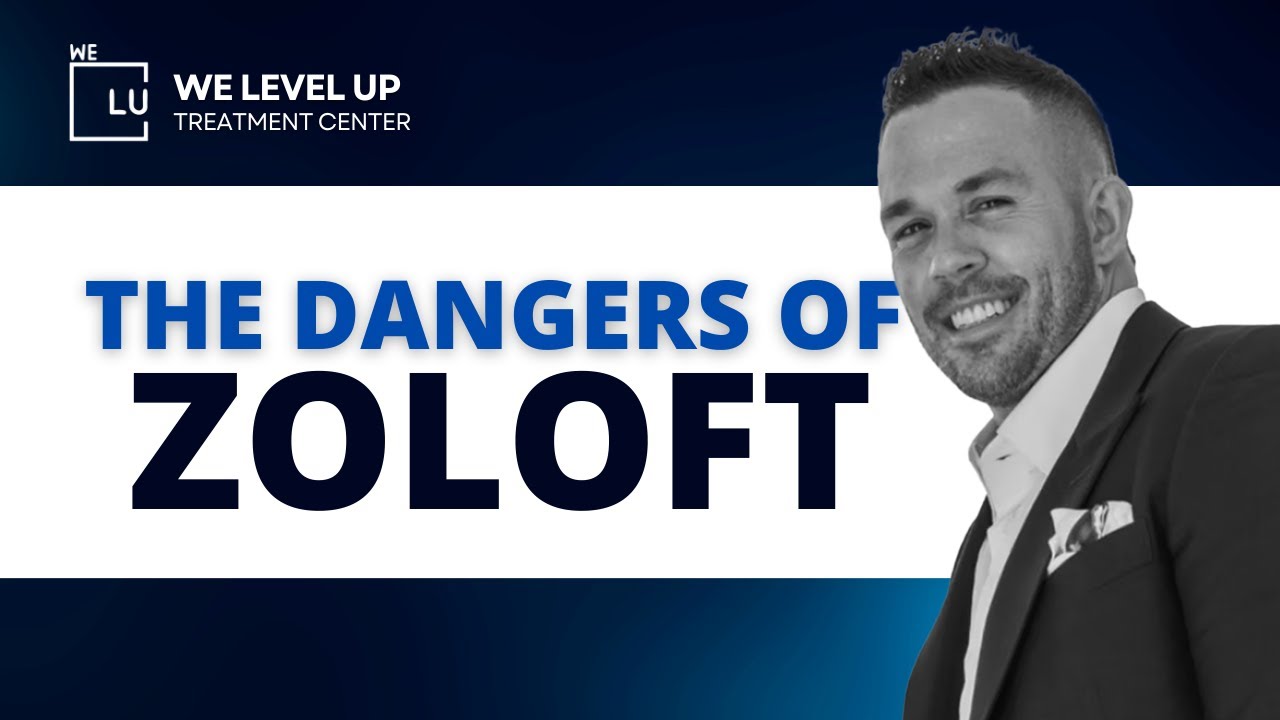Prescription drug abuse refers to the misuse, snorting, and injecting of pills to feel high, as well as taking another person’s painkiller. It also includes utilizing prescription medicine in ways not specified by the doctor or prescriber.
People of all ages are affected by the rising misuse of routinely prescribed medications, including stimulants, opioid painkillers, sedatives, and anti-anxiety medications. Timely identification and assistance are necessary to prevent this misusage from getting worse and turning into a more severe addiction.
Reducing your dosage gradually or tapering with the help of a detox center is the safest method of quitting your addiction to prescription pills. Call We Level Up Texas Treatment Center 24/7 for a free consultation.
Signs and Symptoms of Prescription Drug Addiction
Depending on the medication, prescription drug abuse has various signs and symptoms. The most addictive prescription drugs due to their psychoactive properties include:
Opioids
Opioids are a class of drugs that work by interfering with the neurological system to lessen pain perception. Even while opioids help treat pain, overuse or abusing them can have adverse effects on one’s health and lead to addiction.
The most addictive prescription drugs in the class of opioids include:
- Oxycodone (OxyContin, Percocet).
- Hydrocodone (Vicodin, Norco).
- Morphine (MS Contin, Kadian).
- Codeine.
- Fentanyl (Duragesic).
- Tramadol (Ultram).
- Hydromorphone (Dilaudid).
- Meperidine (Demerol).
- Methadone.
- Buprenorphine (Suboxone).
Signs and symptoms of opioid addiction include:
- Euphoria.
- Constricted pupils.
- Respiratory depression.
- Constipation.
- Nausea and vomiting.
- Drowsiness or sedation.
- Confusion.
- Itching.
- Slurred speech.
- Impaired coordination.
- Increased sensitivity to pain.
- Hormonal imbalances.
- Increased risk of infections.
- A higher dosage is needed for pain relief.
- Higher doses of opioids can make pain feel worse or more sensitive.
Anti-Anxiety Medicines, Sedatives, and Hypnotics
Anxiolytics, another name for anti-anxiety drugs, are the first choice for treating anxiety disorders since they quiet the nervous system.
Sedatives are essential for promoting relaxation and efficiently treating acute anxiety and sleeplessness in short-term therapy. Additionally, hypnotics find their purpose as sleep aids, offering support to individuals with insomnia in achieving a restful night’s sleep.
The most popularly used anti-anxiety meds and sedatives are:
- Benzodiazepines (e.g., Xanax, Valium)
- Barbiturates (e.g., phenobarbital)
- Non-benzodiazepine sedative-hypnotics (e.g., zolpidem, eszopiclone)
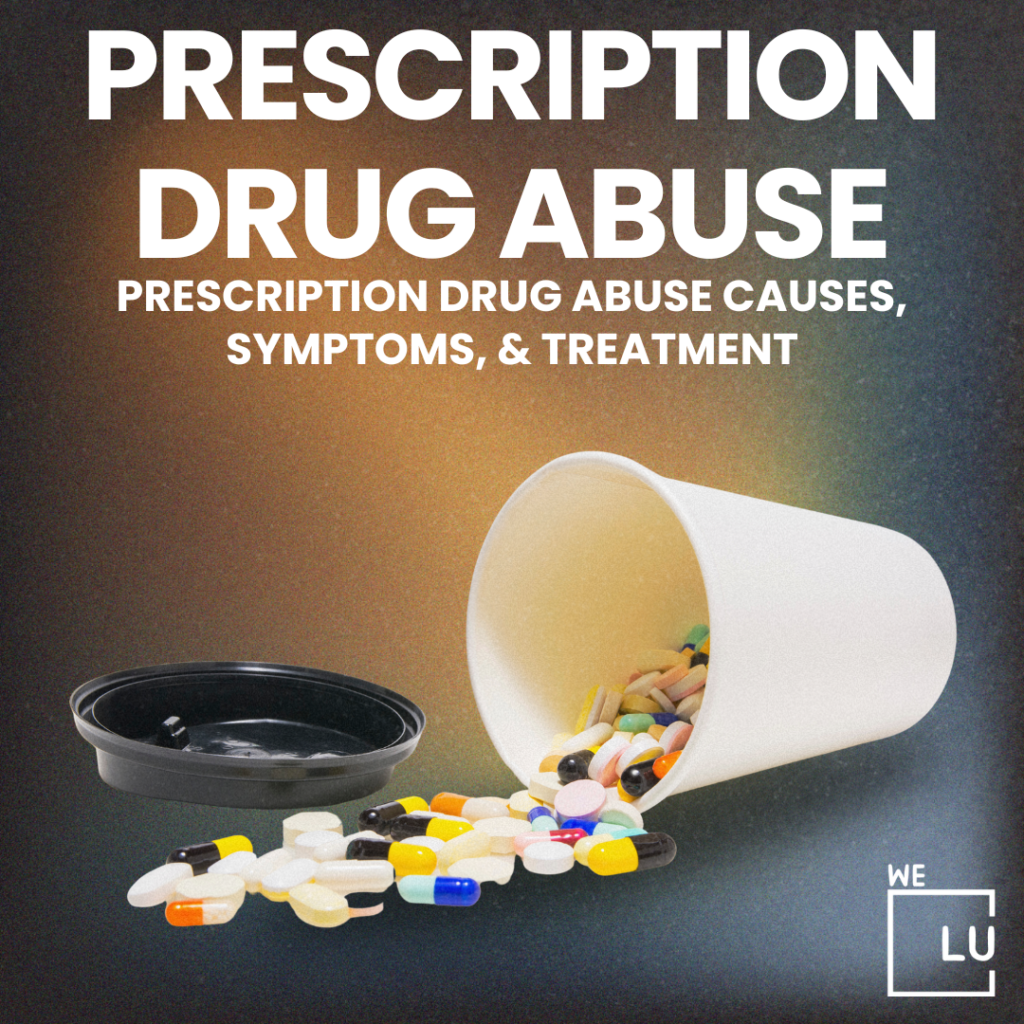
Skip To:
Learn More:
Anti-anxiety medicines and sedatives addiction symptoms include:
- Drowsiness or sedation.
- Confusion.
- Slurred speech.
- Impaired coordination.
- Memory problems.
- Mood swings.
- Nausea or vomiting.
- Increased risk of accidents.
- Respiratory depression (in high doses).
- Withdrawal symptoms.
Stimulants
Stimulant-class medications give you more energy, attention, and alertness. They are widely used to treat both narcolepsy and attention-deficit/hyperactivity disorder (ADHD).
The most abused stimulants include:
- Adderall.
- Ritalin.
- Concerta.
- Vyvanse.
- Dexedrine.
- Methamphetamine (Illicit use).
- Cocaine (Illicit use).
The signs and side effects of a stimulant addiction include:
- Increased energy and alertness.
- Elevated heart rate and blood pressure.
- Insomnia or disturbed sleep patterns.
- Decreased appetite and weight loss.
- Agitation and irritability.
- Anxiety or panic attacks.
- Paranoia.
- Impaired judgment.
- Hallucinations (in extreme cases).
- Social withdrawal.
- Excessive sweating.
- Dental issues (bruxism).
- Repetitive behaviors or tics.
- Risky behaviors.
- Cardiovascular problems.
People struggling with this drug abuse problem frequently show different behavioral and physical changes. However, these are the general indicators that someone may have been abusing their prescriptions:
- Changes in sleep patterns.
- Frequent requests for prescription refills.
- Mood swings or noticeable changes in behavior.
- Isolation from friends and family.
- Neglect of personal hygiene.
- Lack of interest in usual activities.
- Financial difficulties.
- Secretive or defensive behavior regarding medication use.
- Unexplained weight loss or gain.
- Decline in academic or work performance.
- Engaging in “doctor shopping” (seeking prescriptions from multiple healthcare providers).
Get prescription drug addiction rehab counseling that works. Discover professional help from We Level Up Texas’ addiction and mental health therapists. Start getting support with a free call to our addiction hotline.
Get Help. Get Better. Get Your Life Back.
Searching for Accredited Drug and Alcohol Rehab Centers Near You? We Level Up Texas Is Opening Soon!
Even if you have failed previously and relapsed, or are in the middle of a difficult crisis, we stand ready to support you. Our trusted behavioral health specialists will not give up on you. When you feel ready or just want someone to speak to about therapy alternatives to change your life call us. Even if we cannot assist you, we will lead you to wherever you can get support. There is no obligation. Call our network hotline today.
FREE Addiction Hotline – Call 24/7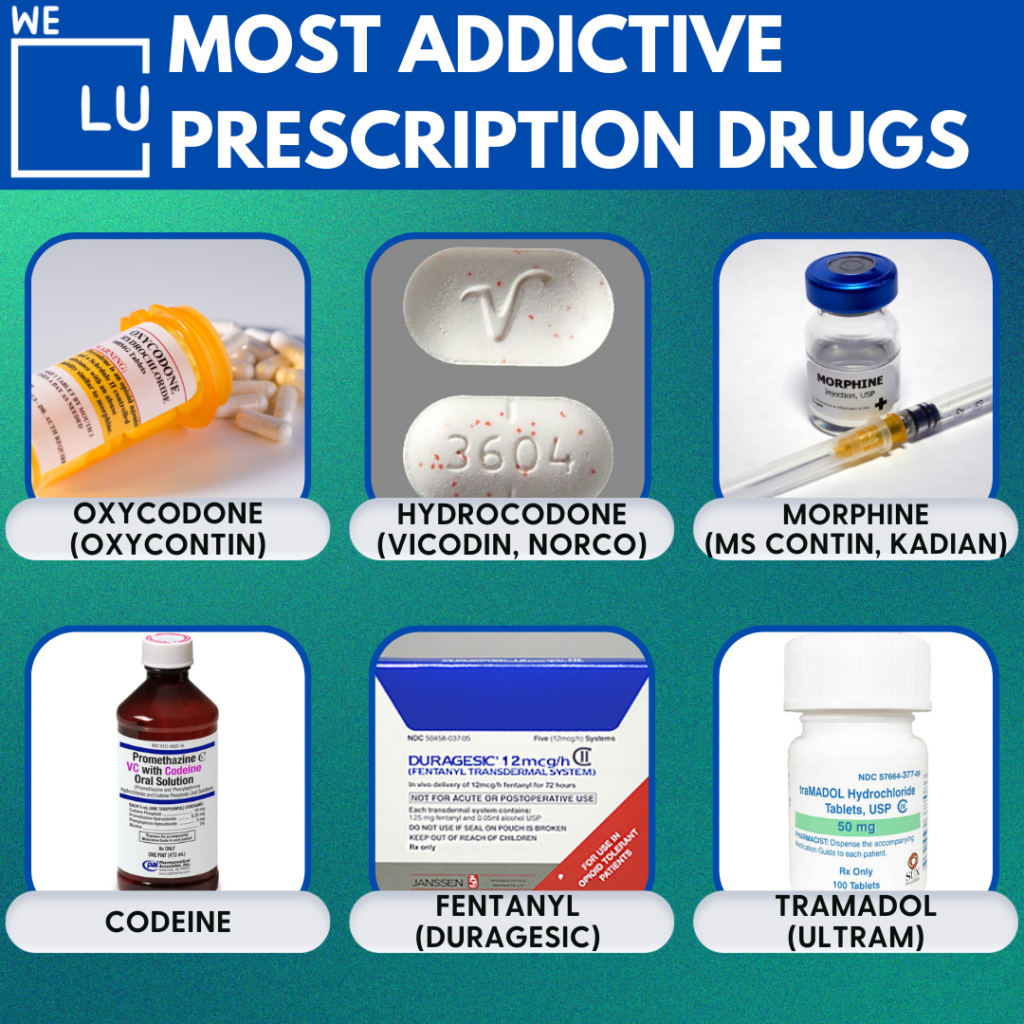
Causes of Prescription Drug Abuse
Prescription medication use as a coping strategy for stress, anxiety, or underlying mental health disorders is mainly influenced by psychological variables.
The attraction of instantaneous release from psychological pain or the ambition to improve cognitive function may lead people to abuse.
A further contributing reason to the rising incidence of addiction is sociocultural issues, such as the normalization of prescription drug usage and the false belief that these drugs are safe by nature because they are legally prescribed.
Prescription Drug Addiction Risk Factors
The most common risk factors of prescription drug abuse include:
- Previous substance abuse issues increase the risk.
- Co-occurring psychiatric disorders, including anxiety attacks and depression.
- A family history of addiction.
- Influence of friends or family members with substance abuse.
- Easy access to prescription drugs.
- Influence from peers to misuse prescription medications.
- Prescription medication is used for pain relief over an extended period.
- The danger of experimenting is higher among adolescents and young adults.
- Prescription medication addiction may be more common in women.
- Low knowledge about the risks of prescribed medications.
Complications from Prescription Drug Abuse
A significant number of drug overdose cases stem from prescription drug abuse, stressing the concerning intersection of accessible medications and potential harm. Other possible complications include:
- Addiction and dependence.
- Increased risk of overdose.
- Respiratory depression.
- Cardiovascular issues.
- Liver damage.
- Kidney damage.
- Gastrointestinal problems.
- Cognitive impairment.
- Psychiatric disorders.
- Increased risk of accidents.
- Legal consequences.
- Social and relationship strain.
- Financial difficulties.
- Impact on employment.
- Long-term health consequences.

Get Your Life Back
Find Hope & Recovery. Get Safe Comfortable Detox, Addiction Rehab & Dual Diagnosis High-Quality Care.
FREE Addiction Hotline – Call 24/7We Level Up Texas Prescription Drug Abuse Rehab Centers
A personalized detox plan ensures safety and well-being, with medical monitoring allowing adjustments to address health concerns. This supportive process is crucial as individuals begin their journey to recovery.
We Level Up TX rehab supports several levels of care to ensure the best possible outcome for every patient who enters our doors. From an intensive and more supportive atmosphere for those in the early days of recovery to a comfortable residential-style living dynamic upon completion of addiction to prescription drug detox, we are here to help guide you down the safe and results-based path to your sobriety.
Once detox is complete, a new treatment doorway opens up, referred to as a residential level of care. Our residential care program slowly and effectively introduces the individual into an atmosphere of therapeutic growth, marked by Master’s level therapists, clinicians, group counselors, psychiatrists, and a community of like-minded individuals with the same aim: to attain sobriety and live a great life.
With a tailored program targeting prescription drug usage, the knowledgeable We Level Up Texas staff can help you. Using evidence-based therapies and compassionate care in a modern environment, we prioritize your safety and well-being. Here is where your healing starts. Contact us today with a free call 24/7.
If you’re addicted to prescription drugs, get compassionate help. Start getting support with a free call to our addiction hotline.
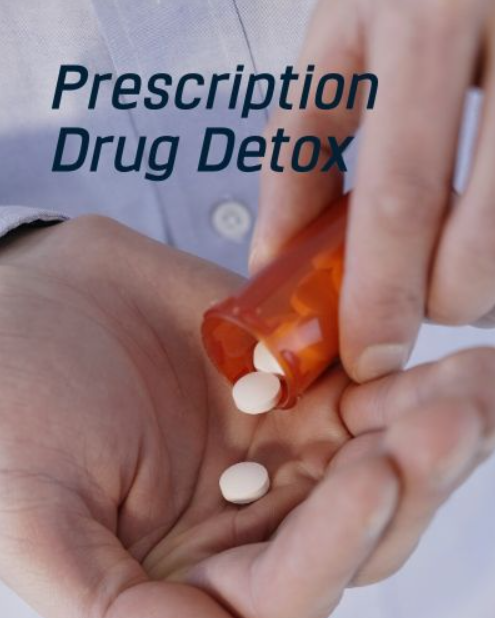
Opening Soon! First-Class Facilities & Amenities
World-Class High-Quality Addiction & Mental Health Rehabilitation Treatment
Coming Soon! Rehab Centers TourRenowned Addiction Centers. Serene Private Facilities. Inpatient Rehab Programs Vary.
FREE Addiction Hotline – Call 24/7Proven recovery success experience, backed by a Team with History of:
15+
Years of Unified Experience
100s
5-Star Reviews Across Our Centers
10K
Recovery Success Stories Across Our Network
- Low Patient to Therapist Ratio
- Onsite Medical Detox Center
- Comprehensive Dual-Diagnosis Treatment
- Complimentary Family & Alumni Programs
- Coaching, Recovery & Personal Development Events
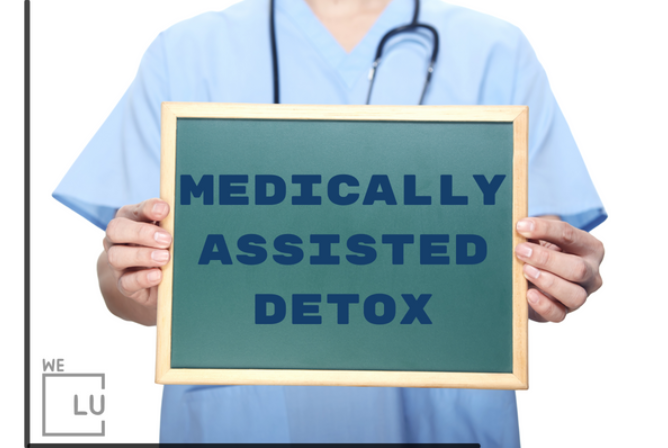
Overcoming Addiction To Prescription Drugs. Find the Support You Need.
Starting the process of recovering from a prescription pill addiction can be difficult. Relapses during withdrawal are not unusual as people seek relief from cravings and symptoms. The We Level Up Prescription Drug Rehab Texas is aware of the hardships involved in this journey.
You can manage withdrawal symptoms and make a full recovery with the help of a caring detox, rehab treatment, and a solid support network. Speak with a We Level Up treatment expert if you need support.
Get a free rehab insurance check without any obligation.
Our prescription drug addiction treatment tailors the program to the individual and the individual to the program of recovery. We begin by assessing our client’s history of mental health, drugs, and alcohol-related past. The needs of each patient are specific and personalized, as we aim to provide comprehensive support for mental health, addiction, and dual diagnosis treatment.
Patients in our residential therapy programs will live comfortably within the facility during this crucial and fragile time. This supportive environment is designed to give patients 24-hour care for sobriety, removing temptations for relapse and applying an air of recovery into every component of the treatment timeline.
We Level Up Texas Treatment Center finds that when patients live in a supportive community, especially during their early recovery process, they can truly focus on what matters most: their recovery. Make this your opportunity to reclaim your life. Call today to speak with one of our treatment specialists.
Opening Soon! World-class, Accredited, Anticipated 5-Star Reviewed, Effective Addiction & Mental Health Programs. Complete Behavioral Health Inpatient Rehab, Detox plus Co-occuring Disorders Therapy.
FREE Addiction Hotline – Call 24/7End the Addiction Pain. End the Emotional Rollercoaster. Get Your Life Back. Start Drug, Alcohol & Dual Diagnosis Mental Health Treatment Now. Get Free No-obligation Guidance by Substance Abuse Specialists Who Understand Addiction & Mental Health Recovery & Know How to Help.
Prescription Drugs Addiction Recovery Story | Testimonial Video
Start a New Life
Begin with a free call to an addiction & behavioral health treatment advisor. Learn more about our dual-diagnosis programs. The We Level Up treatment center network delivers recovery programs that vary by each treatment facility. Call to learn more.
- Personalized Care
- Caring Accountable Staff
- World-class Amenities
- Licensed & Accredited
- Renowned w/ 100s 5-Star Reviews
We’ll Call You
Search We Level Up Texas Prescription Drug Abuse, Mental Health Topics, and Resources
Sources
- Manubay JM, Muchow C, Sullivan MA. Prescription drug abuse: epidemiology, regulatory issues, chronic pain management with narcotic analgesics. Prim Care. 2011 Mar;38(1):71-90. Doi: 10.1016/j.pop.2010.11.006. PMID: 21356422; PMCID: PMC3328297. https://www.ncbi.nlm.nih.gov/pmc/articles/PMC3328297/
- Schepis TS, Klare DL, Ford JA, McCabe SE. Prescription Drug Misuse: Taking a Lifespan Perspective. Subst Abuse. 2020 Mar 5;14:1178221820909352. Doi: 10.1177/1178221820909352. PMID: 32214819; PMCID: PMC7065295. https://www.ncbi.nlm.nih.gov/pmc/articles/PMC7065295/
- Prescription medication rehabilitation: Substance Abuse and Mental Health Services Administration (US); Office of the Surgeon General (US). Facing Addiction in America: The Surgeon General’s Report on Alcohol, Drugs, and Health [Internet]. Washington (DC): US Department of Health and Human Services; 2016 Nov. CHAPTER 7, VISION FOR THE FUTURE: A PUBLIC HEALTH APPROACH. Available from: https://www.ncbi.nlm.nih.gov/books/NBK424861/
- Azadfard M, Huecker MR, Leaming JM. Opioid Addiction. [Updated 2023 Jul 21]. In: StatPearls [Internet]. Treasure Island (FL): StatPearls Publishing; 2023 Jan-. Available from: https://www.ncbi.nlm.nih.gov/books/NBK448203/
- Treatment for Stimulant Use Disorders: Updated 2021 [Internet]. Rockville (MD): Substance Abuse and Mental Health Services Administration (US); 1999. (Treatment Improvement Protocol (TIP) Series, No. 33.) Chapter 2—How Stimulants Affect the Brain and Behavior. Available from: https://www.ncbi.nlm.nih.gov/books/NBK576548/
- Schmitz A. Benzodiazepine use, misuse, and abuse: A review. Ment Health Clin. 2016 May 6;6(3):120-126. Doi: 10.9740/mhc.2016.05.120. PMID: 29955458; PMCID: PMC6007645. https://www.ncbi.nlm.nih.gov/pmc/articles/PMC6007645/
- Brett J, Murnion B. Management of benzodiazepine misuse and dependence. Aust Prescr. 2015 Oct;38(5):152-5. Doi: 10.18773/austprescr.2015.055. Epub 2015 Oct 1. PMID: 26648651; PMCID: PMC4657308. https://www.ncbi.nlm.nih.gov/pmc/articles/PMC4657308/
- Weaver MF. Prescription Sedative Misuse and Abuse. Yale J Biol Med. 2015 Sep 3;88(3):247-56. PMID: 26339207; PMCID: PMC4553644. https://www.ncbi.nlm.nih.gov/pmc/articles/PMC4553644/
- Farzam K, Faizy RM, Saadabadi A. Stimulants. [Updated 2023 Jul 2]. In: StatPearls [Internet]. Treasure Island (FL): StatPearls Publishing; 2023 Jan-. Available from: https://www.ncbi.nlm.nih.gov/books/NBK539896/
- Opioid addiction – MedlinePlus (.gov) https://medlineplus.gov/download/genetics/condition/opioid-addiction.pdf



